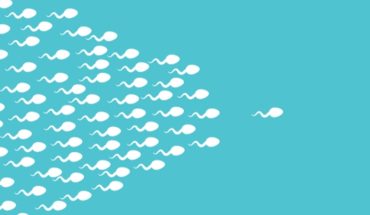2016 has been an incredible year for new advances in fertility and pregnancy planning. The rise of technology, new insights and knowledge, together with better regulation, means that women are now in a position to better understand their bodies which means they can more accurately plan, prevent and monitor pregnancies, identify potential fertility problems and, ultimately, make decisions that are right for them. These are the major fertility and pregnancy trends to look out for in 2017.
More women will abstain from The Pill
Hormonal contraceptives are used by 3.5 million women in the UK. In 2016 the University of Copenhagen published results from the largest study of its kind which confirmed a link between hormonal contraceptives and depression. In 2017 the debate around the effects of The Pill will revive and more information will be needed so women can better understand the impact of hormonal contraception.
Rising interest in technology-assisted natural contraception
Interest in hormone-free birth control alternatives will rise in 2017. Women will explore more natural ways to manage their contraception, and fertility tracking apps like Natural Cycles will support them.
Technology will drive innovation in contraception
Whilst the pharmaceutical industry is retracting funding from contraception, foundations will continue to give money to research in this field. Funding will also be directed to technology companies which are investing in clinical studies and new tech platforms e.g. apps, wearable tech and hardware to be used to track fertility. This will help women better understand their bodies and pinpoint, with precision, when they are fertile so they can plan or prevent a pregnancy – as well as identifying potential fertility problems early on.
Women will use apps and IVF for planning pregnancies and egg freezing
With advances in technology and a better understanding of one’s body, women will use new platforms and insights to accurately plan when to get pregnant which will help them better balance other aspects of their lives e.g. ageing, career and life in general, but also use the information for infertile couples to accelerate IVF treatment. IVF will also expand its user base to include healthy women for egg freezing.
Push for IUD from the medical world
Following intense funding from the Buffet Foundation (CHOICE project), the medical community will push to increase awareness about Long term Acting Reversible Contraception (LARCs)
More regulations and user safety
2017 will see an upward trend in the way technology and hardware for contraception is regulated. Whilst Natural Cycles is the first health app for women to be regulated as a medical device, we will see an upward trend in the amount of apps and technology platforms that will be regulated. Regulation around data privacy will also ensure that user data and security remains paramount.
Women will get pregnant later in life
According to the Office of National Statistics in 2016, pregnancy rates were higher among over-40s than under-20s for the first time since 1947. This trend is set to continue as the current financial position of households and concerns about the economy, welfare and unemployment, are all factors which affect the timing of childbearing for women in the UK.
- Predictions for fertility in 2017 - 14th December 2016






